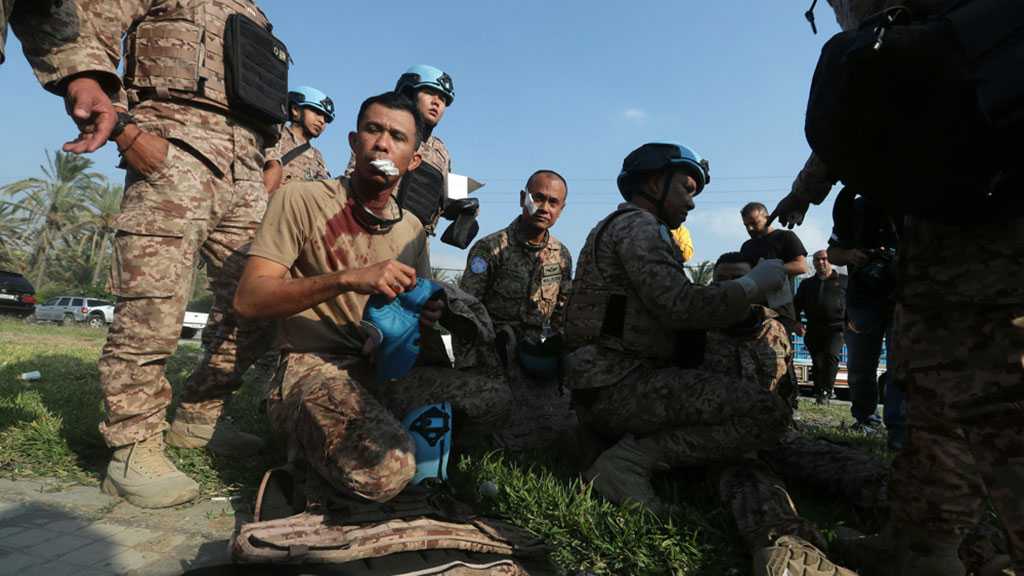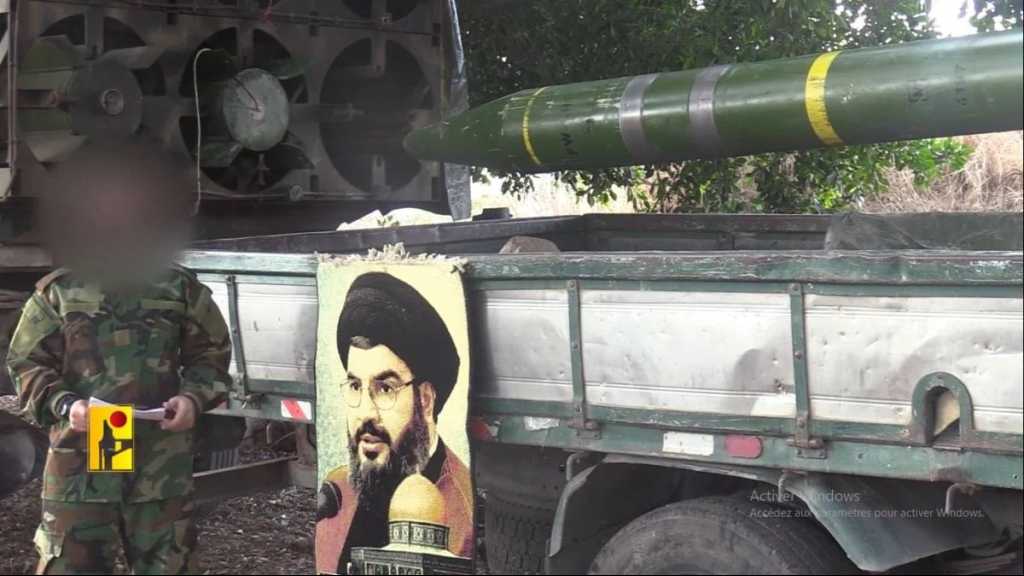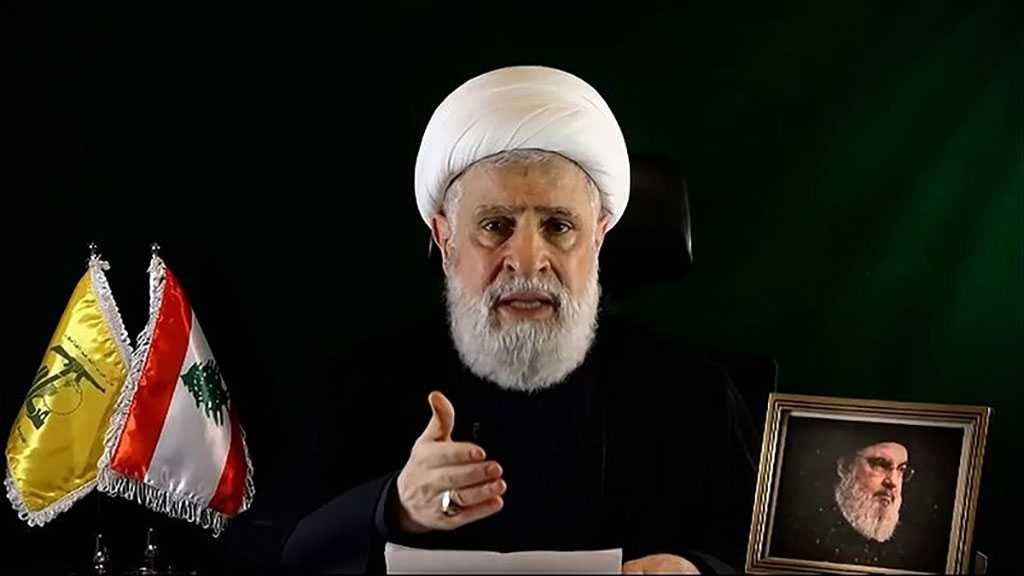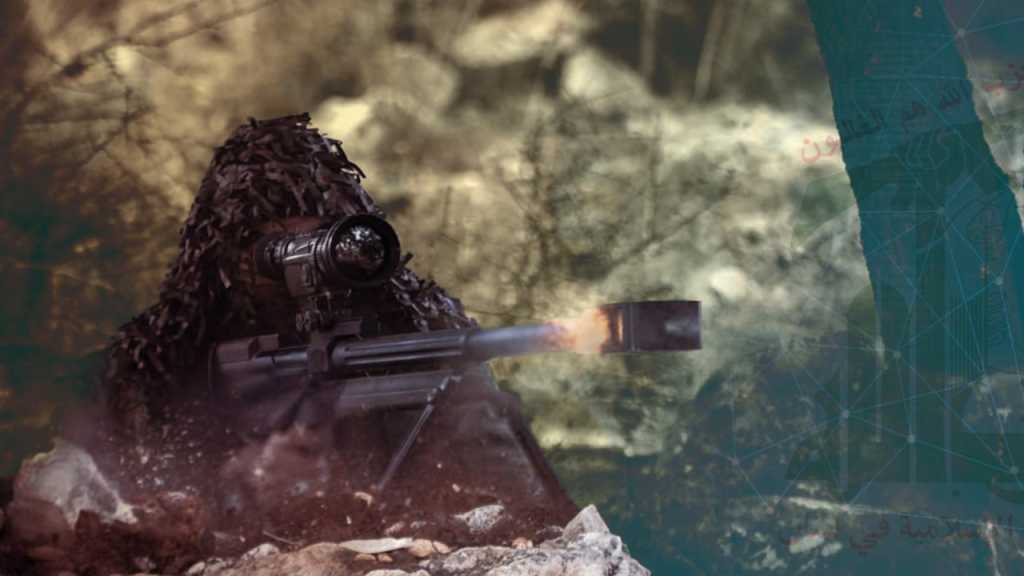Lebanese-born prisoner in "Israel" to be released on Sunday

Source: AFP, 28-05-2008
TYRE: A Lebanese-born man who has been imprisoned in 'Israel' for six years for collaborating with Lebanon's Hizbullah will be released on Sunday, his family said. Nassim Nisr, who held 'Israeli' citizenship at the time of his arrest in 2002, was sentenced by an 'Israeli' court to six years in jail.
"Nassim called a few days ago and informed us that he will be released Sunday," his brother Omran Nisr told AFP on Tuesday, adding that he had received a document notifying him that he would then be deported.
'Israeli' Army radio had reported on Monday that 'Israel' was prepared to release five Lebanese prisoners in a prisoner exchange.
And Hizbullah chief Sayyed Hassan Nasrallah said in a speech on Monday to mark the eighth anniversary of 'Israeli' withdrawal from South Lebanon that a release of Lebanese detainees in 'Israeli' prison was in the offing.
Nassim Nisr, born in 1968 to an 'Israeli' Jewish mother and a Lebanese Muslim father, left Lebanon during the 'Israeli' invasion in 1982 and joined his mother's family in 'Israel', where he settled near Tel Aviv.
Nisr's brother Mohammad said that Nassim had told him in a phone call about a month ago that "his jailers had placed him in solitary confinement in a bid to persuade him to abandon his plans to return to Lebanon with his two daughters, who are 'Israeli' citizens."
Nisr's mother, Valentine, 70, who lives in the South Lebanon village of Bazouriya, told AFP tearfully that she "has been waiting for him for 17 years."
Mohammad Nisr said that the family had already begun to make preparations for Nisr's return home.
"We have prepared his room and have decorated the front of our house with Lebanese flags and portraits of Hassan Nasrallah," he said.
The most high-profile Lebanese prisoner who could be released in any swap is Samir Kintar, who was sentenced in 1980 to 542 years in prison for killing two "Israeli" settlers as well as a police officer in a 1979 attack and is now the longest-serving Arab prisoner in 'Israel'.
Kintar's brother said on Monday that he expected his brother to be released soon.
"I have been informed of very positive developments within the next 30 days concerning my brother as well as all the other prisoners held in 'Israel'," Bassam Kintar said.
"I have not been given any firm details but there are some encouraging signs," he added.
On Monday, 'Israel's' Army radio said the Zionist state was prepared to free five Lebanese prisoners and return the bodies of 10 Hizbullah fighters in exchange for the release of two of its soldiers captured in 2006.
The report came after Lebanese sources said progress had been made in UN-sponsored talks on a prisoner exchange between 'Israel' and Hizbullah.
Kintar is among those who could be exchanged according to the Army Radio report.
In exchange, 'Israel' is demanding the return of two soldiers, Ehud Goldwasser and Eldad Regev, who were captured by Hizbullah in a border raid on July 12, 2006. That border incident used as a pretext by the Zionist state to launch a devastating 34-day war on Lebanon.
An 'Israeli' official, on condition of anonymity, told AFP that the two sides now appeared to be ready to compromise.
Lebanese newspaper Al-Akhbar reported on Tuesday that 'Israel' conceded its demand to receive information about Arad in exchange for the release of Kintar.
But according to the Al-Akhbar report, Hizbullah notified a German United Nations mediator that it is not willing to accept 'Israel's' demand to release only Lebanese prisoners, and stressed that there will be no swap without Kintar's release. The Lebanese newspaper also said that Hizbullah showed it had made multiple efforts to search for Arad.
A similar report was published in the 'Israeli' newspaper Haaretz, which reported that Hizbullah's "inside sources" claimed that the organization has rejected 'Israel's' demand that only Lebanese prisoners, and no Palestinians, be freed in the deal.
There have been a series of prisoner exchanges between 'Israel' and Hizbullah over the years that have been brokered by German mediators with the blessing of the United Nations.
In October last year, 'Israel' exchanged a mentally ill Lebanese civilian and the bodies of two Hizbullah militants for the remains of an 'Israeli' settler.
In January 2004, 'Israel' exchanged 30 Arab prisoners, including two senior Hizbullah officials, and a German detainee for an 'Israeli' businessman and the bodies of three soldiers. It also freed some 400 Palestinian prisoners.
Hizbullah's demands for Kintar to be included in that exchange nearly scuppered the deal.
TYRE: A Lebanese-born man who has been imprisoned in 'Israel' for six years for collaborating with Lebanon's Hizbullah will be released on Sunday, his family said. Nassim Nisr, who held 'Israeli' citizenship at the time of his arrest in 2002, was sentenced by an 'Israeli' court to six years in jail.
"Nassim called a few days ago and informed us that he will be released Sunday," his brother Omran Nisr told AFP on Tuesday, adding that he had received a document notifying him that he would then be deported.
'Israeli' Army radio had reported on Monday that 'Israel' was prepared to release five Lebanese prisoners in a prisoner exchange.
And Hizbullah chief Sayyed Hassan Nasrallah said in a speech on Monday to mark the eighth anniversary of 'Israeli' withdrawal from South Lebanon that a release of Lebanese detainees in 'Israeli' prison was in the offing.
Nassim Nisr, born in 1968 to an 'Israeli' Jewish mother and a Lebanese Muslim father, left Lebanon during the 'Israeli' invasion in 1982 and joined his mother's family in 'Israel', where he settled near Tel Aviv.
Nisr's brother Mohammad said that Nassim had told him in a phone call about a month ago that "his jailers had placed him in solitary confinement in a bid to persuade him to abandon his plans to return to Lebanon with his two daughters, who are 'Israeli' citizens."
Nisr's mother, Valentine, 70, who lives in the South Lebanon village of Bazouriya, told AFP tearfully that she "has been waiting for him for 17 years."
Mohammad Nisr said that the family had already begun to make preparations for Nisr's return home.
"We have prepared his room and have decorated the front of our house with Lebanese flags and portraits of Hassan Nasrallah," he said.
The most high-profile Lebanese prisoner who could be released in any swap is Samir Kintar, who was sentenced in 1980 to 542 years in prison for killing two "Israeli" settlers as well as a police officer in a 1979 attack and is now the longest-serving Arab prisoner in 'Israel'.
Kintar's brother said on Monday that he expected his brother to be released soon.
"I have been informed of very positive developments within the next 30 days concerning my brother as well as all the other prisoners held in 'Israel'," Bassam Kintar said.
"I have not been given any firm details but there are some encouraging signs," he added.
On Monday, 'Israel's' Army radio said the Zionist state was prepared to free five Lebanese prisoners and return the bodies of 10 Hizbullah fighters in exchange for the release of two of its soldiers captured in 2006.
The report came after Lebanese sources said progress had been made in UN-sponsored talks on a prisoner exchange between 'Israel' and Hizbullah.
Kintar is among those who could be exchanged according to the Army Radio report.
In exchange, 'Israel' is demanding the return of two soldiers, Ehud Goldwasser and Eldad Regev, who were captured by Hizbullah in a border raid on July 12, 2006. That border incident used as a pretext by the Zionist state to launch a devastating 34-day war on Lebanon.
An 'Israeli' official, on condition of anonymity, told AFP that the two sides now appeared to be ready to compromise.
Lebanese newspaper Al-Akhbar reported on Tuesday that 'Israel' conceded its demand to receive information about Arad in exchange for the release of Kintar.
But according to the Al-Akhbar report, Hizbullah notified a German United Nations mediator that it is not willing to accept 'Israel's' demand to release only Lebanese prisoners, and stressed that there will be no swap without Kintar's release. The Lebanese newspaper also said that Hizbullah showed it had made multiple efforts to search for Arad.
A similar report was published in the 'Israeli' newspaper Haaretz, which reported that Hizbullah's "inside sources" claimed that the organization has rejected 'Israel's' demand that only Lebanese prisoners, and no Palestinians, be freed in the deal.
There have been a series of prisoner exchanges between 'Israel' and Hizbullah over the years that have been brokered by German mediators with the blessing of the United Nations.
In October last year, 'Israel' exchanged a mentally ill Lebanese civilian and the bodies of two Hizbullah militants for the remains of an 'Israeli' settler.
In January 2004, 'Israel' exchanged 30 Arab prisoners, including two senior Hizbullah officials, and a German detainee for an 'Israeli' businessman and the bodies of three soldiers. It also freed some 400 Palestinian prisoners.
Hizbullah's demands for Kintar to be included in that exchange nearly scuppered the deal.




